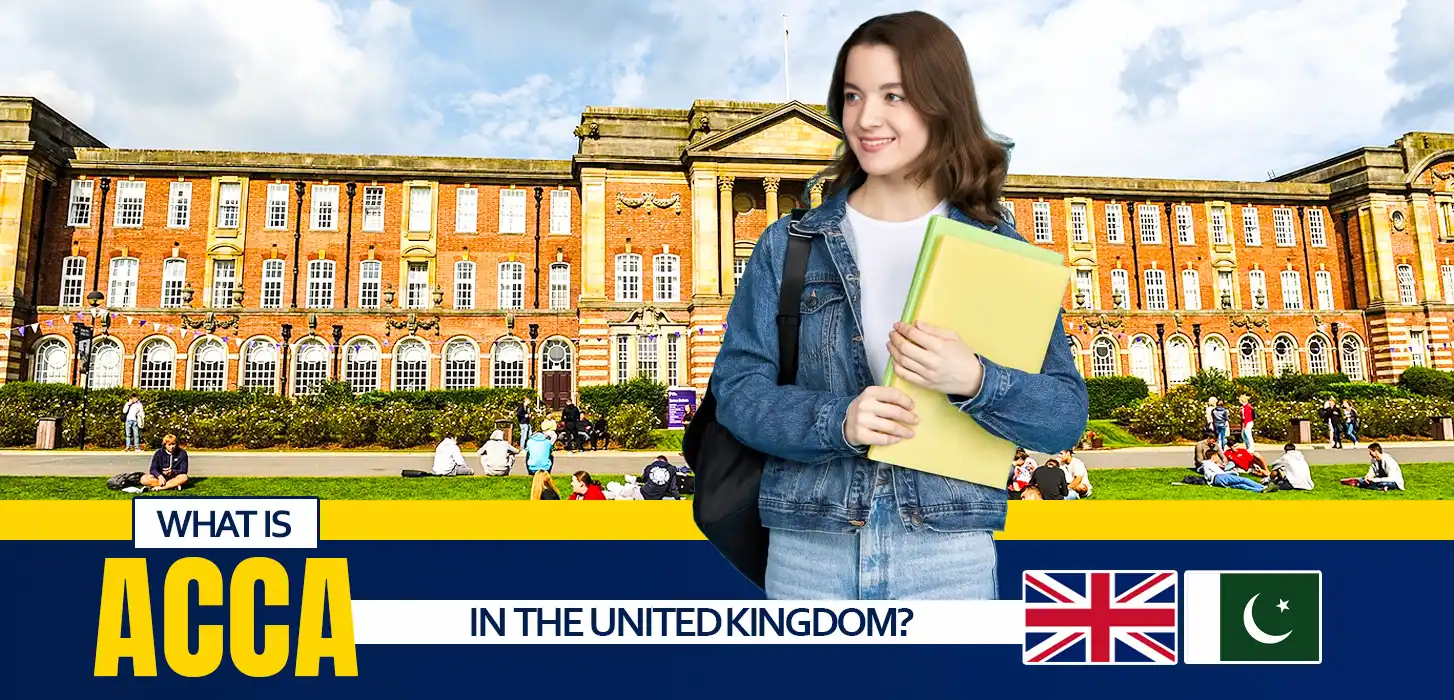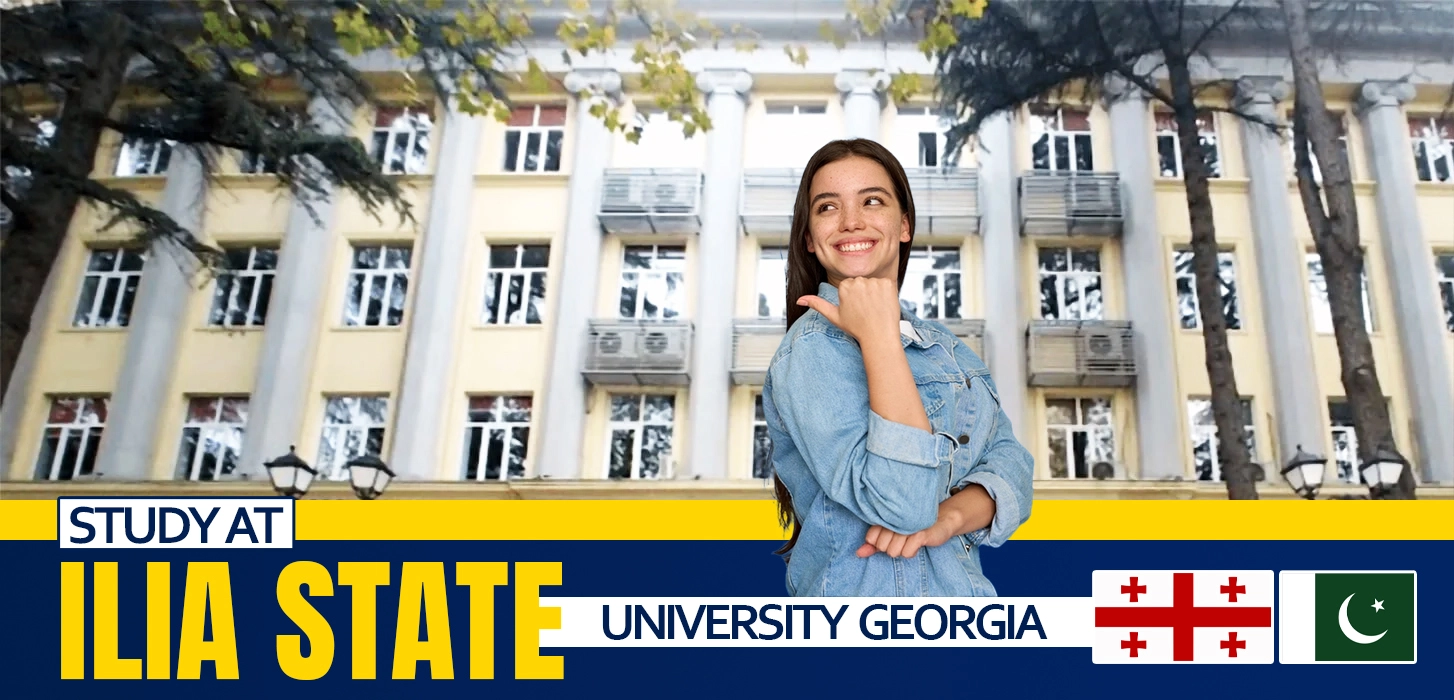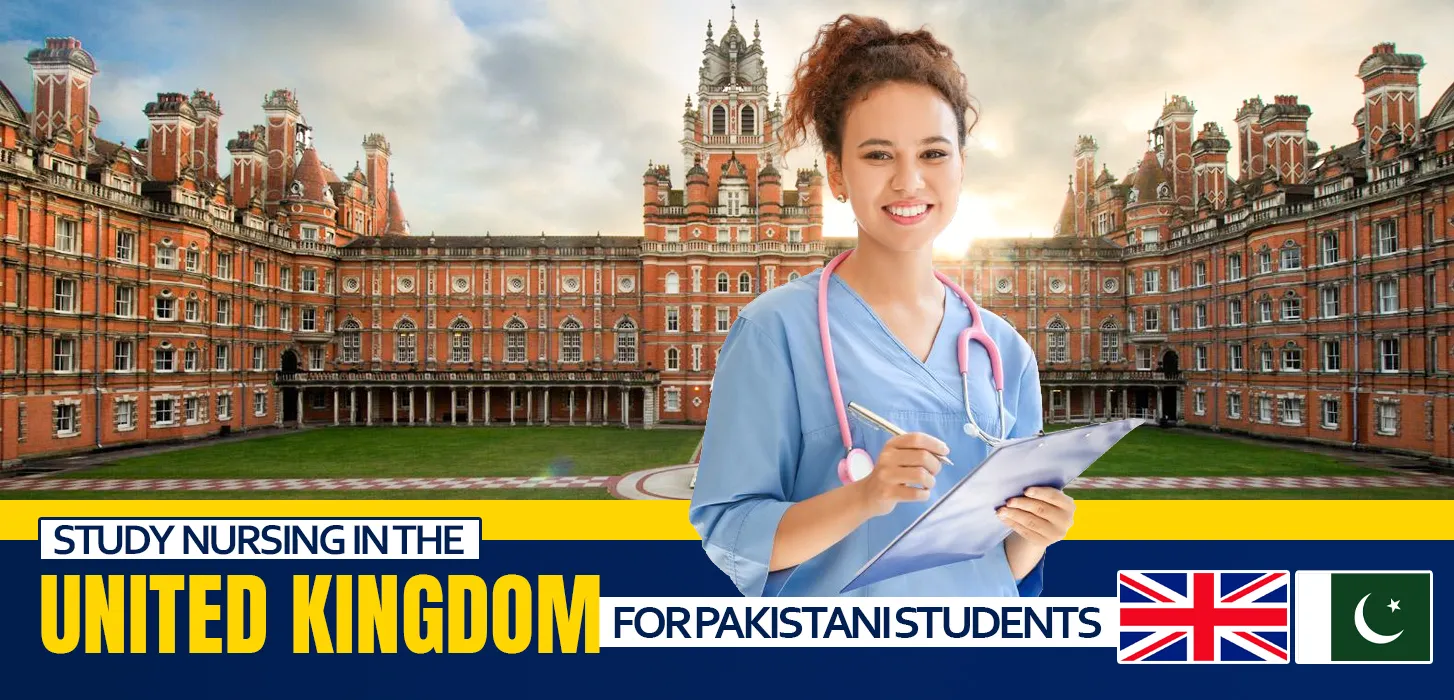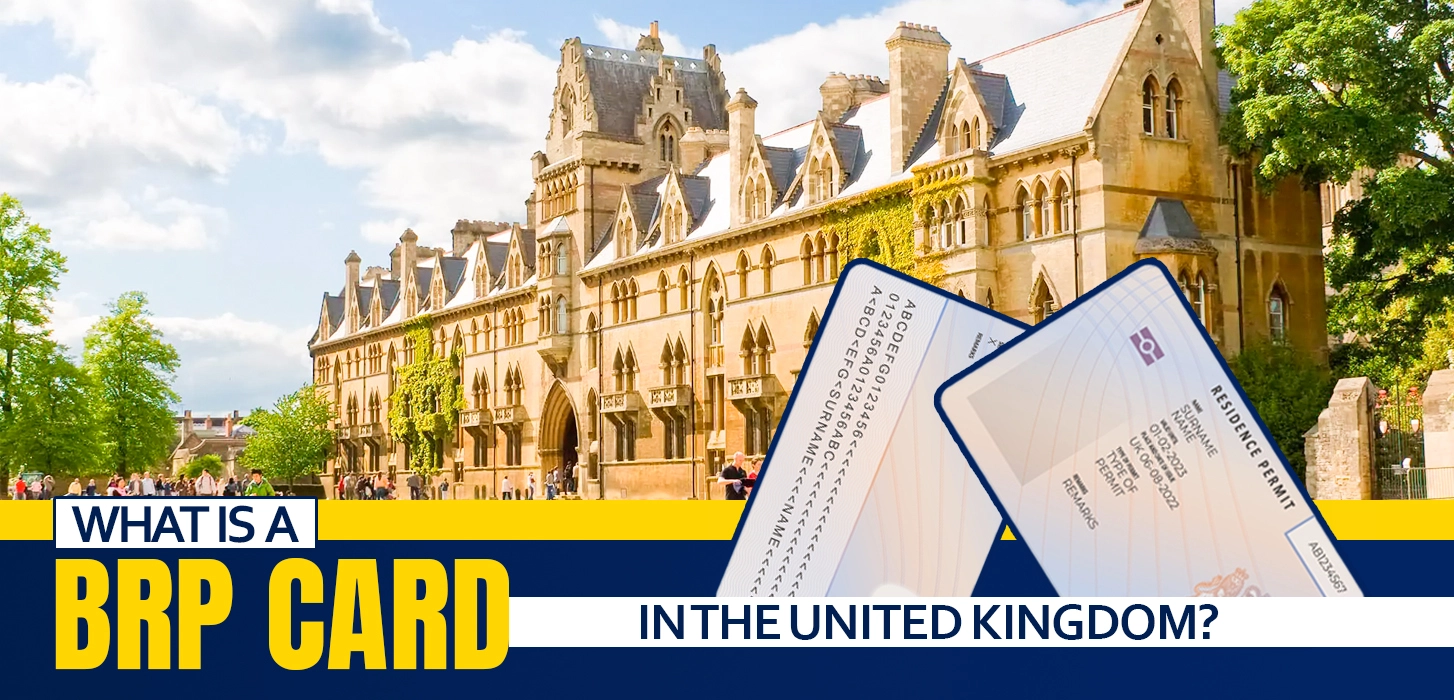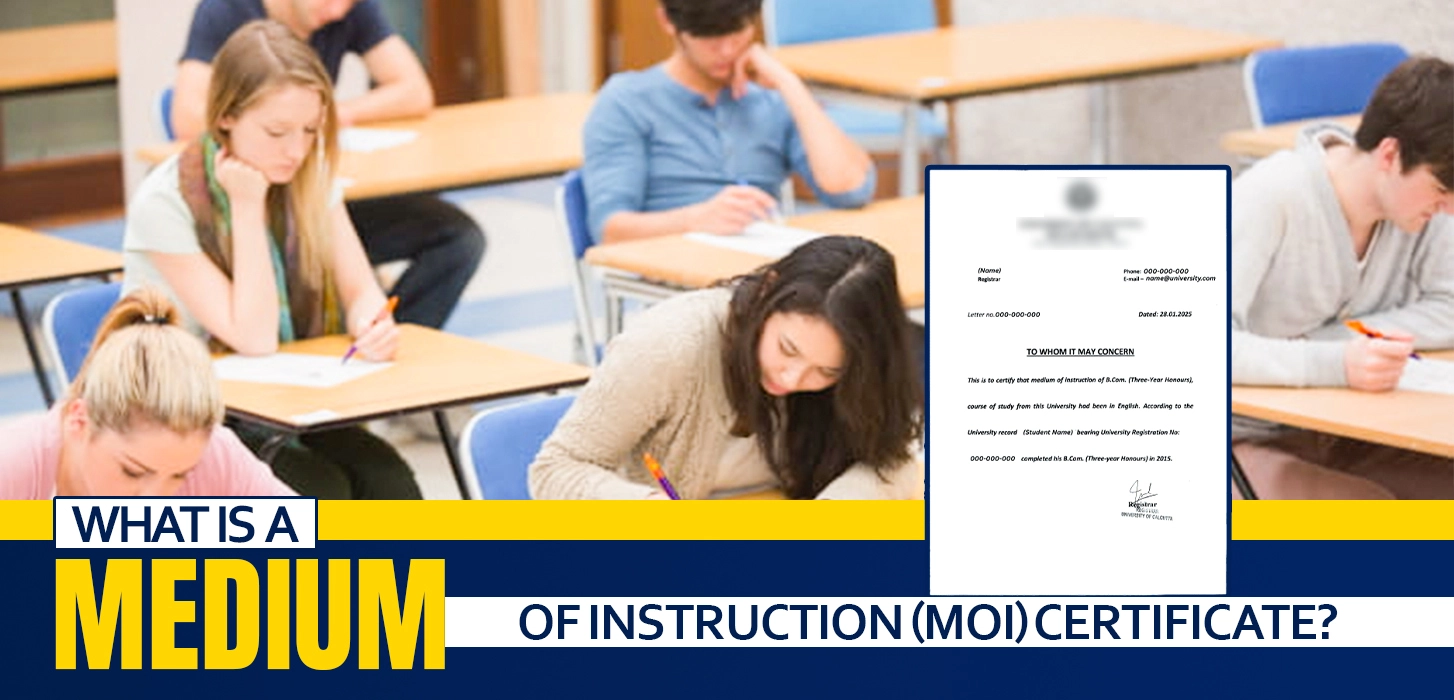How to apply to UK universities from Pakistan | Undergraduate, Masters, PhD
Applying to UK universities is completely different from Pakistan. In the UK, applications to all undergraduate and some postgraduate degrees are accepted through a system called UCAS. (Undergraduate = Bachelor’s in Pakistan)
No university will accept your direct application for an undergraduate degree. However, if you are applying for a master or PhD you may have to apply directly to the university except for the following 4 postgraduate programs.
These 4 postgraduate areas only accept applications through UCAS.
- Postgraduate teacher training (PGCE): Postgraduate certificates in education (PGCE) programs are applied through UCAS teacher training system.
- Integrated Master’s program: Programs that combine undergraduate and postgraduate programs (e.g. MEng, MPhys) may be applied through the UCAS system.
- Professional Courses: Courses in health-related fields e.g. nursing, social work, and others process applications through UCAS or UCAS health.
- Arts and Design Courses: Some postgraduate Arts and Design courses require applications through UCAS, especially those which involve collaboration of different universities and institutions.
Whether you are applying to an undergraduate or postgraduate degree through UCAS – this blog covers all the details about your application process.
Let’s get started by knowing what UCAS actually is.
What is UCAS? (Universities and Colleges Admissions Service)
UCAS is a central application system in the UK. It’s a website where you create your account, enter personal details, and apply to 5 courses in one application. All the universities in the UK are connected to this forum.
So, whether you apply to 5 courses in one university or different universities – they are all able to see your application. UCAS is great because you can apply to 5 universities in one place and the entire process takes you only 30 minutes except for the personal statement part.
UCAS application fee for the year 2025 is £28.50 for up to five courses.
Applications Opening, Deadline, and Late Submissions
You can only apply to five courses in a single application cycle through UCAS.
A single application cycle for most of the courses typically starts from mid-September and ends in mid-January.
For example, for courses starting in September 2026, applications would open in September 2025 and end in January 2026.
The deadlines for some courses like Arts, Medicine, and Design, may be specific. You may need to prepare your documents months before the applications open. Make sure to check the deadlines for the subject you are choosing.
Late applications are allowed until June of the same year. We suggest you be aware of the deadlines because universities will only accept your application if there is an empty seat and you would also have to pay a late submission fee to UCAS.
You can check the deadlines of applications via the UCAS main website. Universities that accept direct applications will have their own deadlines updated on the university’s main website.
Study in Uk - May Intake 2025
Steps to UCAS Application Process
STEP 1: Choose Your Course
Choosing a course regarding your past academic is one of the biggest decisions you will ever make in your life.
You will live with this decision forever.
We suggest the following tips to help you make an informed decision. However, if you wish to direct your life in the best possible direction for a successful future – contact one of Pakistan’s top experts in foreign education.
Tips for Undergrads
- Identify your passion, strengths, and interests.
According to a survey by CV Library, 55.6% of employees hate their job in the UK. It’s probably because they missed their passion.
- Research Potential Career: In this constantly evolving, AI-driven world, it is crucial to foresee your potential career future and make an informed decision.
- Consider Course Content: If you are bad at math or chemistry since the first interaction then you might wish to consider the course content in advance.
- Evaluate University Reputation: Find out which university has expertise in the subject you are choosing, i.e., expert professors, research, rank, etc.
Tips of Postgrads
- Picture your goals: Imagine a clear picture of your goals in mind and evaluate how your postgraduate education could help you achieve them.
- Research Programs and Universities: Make sure to choose the programs that align with your educational and personal background.
- Examine Course Structure: Review the course content, core modules, and the time it will take to complete. Make sure the course helps you get the skills and knowledge you are seeking.
- Check the requirements: Before choosing a subject, make sure you meet the academic qualifications and additional requirements to avoid wasting your chance.
- Check Scholarships Eligibility: If you are eligible for a scholarship – make sure to choose the university and subject that is supported by the scholarship.
If you’d like to explore fully funded scholarships in the UK that don’t require IELTS/High CGPA – click on the link.
STEP 2: Register & Enter Details in UCAS
The following details are required in the UCAS application:
- Personal details: Hobbies, Interests, Date of Birth etc
- Grades: DO NOT convert your grades into the UK system. Write them as it is in your application.
For example: If you scored 1050 marks in the FSc or secured 3.5 CGPA in Bachelors, write them as it is.
- Courses: Choose the courses and universities you are applying to. You can apply to a maximum of five courses in a single admission cycle.
Personal Statement:
In a personal statement you write about 3 things…
- What do you hope to achieve in the UK University course?
- What do you hope to do after it?
- Why are you choosing this particular university?
Reference:
The next thing you need to do is provide a reference.
- You would need to add the contact details of your reference.
- After that UCAS will send an email where the referee could write and submit the reference.
- Once the reference is submitted, you would be informed via email by the UCAS.
How reference could increase your chances of approval:
- Read the University’s selection criteria.
- Ask your referees to emphasize the important points that are relevant for your selection.
- Typically a referee could be your University’s professor or Employer you work with.
- It is best to get a reference from someone who has been to the UK or is directly related to your field of study.
BONUS TIP: It’s not necessary to submit your UCAS application at once, you can edit and complete your UCAS application anytime before submitting it.
STEP 3: TESTS
At this point, you are ready to submit your UCAS application. However, some subjects might require you to submit a test before applying.
Common examples of subjects that require tests are…
Subjects | Tests |
English Proficiency test | IELTS, TOEFL etc. |
Law | LNAT |
Medicine | UCAT, BMAT |
Remember! You don’t need to commute to the UK for a test. You can check out if there is a local test center in your area for the test. Make sure you keep enough time for preparation before finalising your date, time, and location for the test.
STEP 4: Interviews
You can now submit your application.
After submitting your application some universities like Oxford and Cambridge take mandatory interviews.
If your application is approved – the university might email you for an interview.
The interview could either be conducted online or you might have to travel to the UK.
STEP 5: Tracking Your Applications and Decision Making
Once you’re done with submitting your applications. You can now track your applications through the platform “UCAS track”.
UCAS track is the platform where you could see the decisions of the Universities you have applied to. When a university approves your application and offers you a seat in the university – you’ll immediately be notified via email.
When you get the email – you would need to get on UCAS track to see which university has offered you a position.
3 types of Decisions Universities make:
You get an offer.
If you accept the offer, the seat is yours.
You get a conditional offer.
In this case, the university offers you a position but whether you will get it or not – depends upon a condition. For example this condition could be that you provide a language certificate.
You get rejected.
A rejection might hit hard in the beginning but stay consistent and remember you have 5 choices to get a position.
If you would like to increase your chances of approval by 85% – book a free appointment with one of the best study advisors in Pakistan.
STEP 6: Decision Making
You can make two types of choices regarding the offers you receive.
Firm choice
A firm choice is your final decision to accept an offer from a university.
Insurance choice
An insurance choice is a backup option that you can fall back on if you do not meet the conditions of your firm choice.
Suggestion: if possible, avoid choosing a conditional offer as your firm choice. This is because if you do not meet the conditions, your other choices will be dismissed.
The rest of the steps are pretty simple. All you need to do is wait for the university to contact you. They will send you an email to inform you on the further steps and probably ask for your documents.
Final Steps after receiving an acceptance letter
After your selection process, the time is to start thinking about your funds, visa, tickets, and accommodation.
- Arrange your funding – You may be eligible for a number of UK scholarships available to cover your tuition fees, visa costs, and living expenses.
- Apply for the Visa – As an international student you would likely need a visa to study in the UK. For latest updates on UK visa click to watch the youtube video.
- When you are done with the funding and visa process, it’s time to start thinking about packing, traveling and making the best out of your time in the UK.
Frequently Asked Questions
Most postgraduate applications in the health field are processed through UCAS, however there might be some exceptions.
The main application cycle typically opens in mid-September and closes in mid-January. Specific courses, such as those in medicine or art, may have earlier deadlines.
The application fee for UCAS for the year 2025 is £28.50 for up to five courses.
You will need personal details, academic grades, a personal statement, and a reference. Ensure that your grades are presented as they are, without conversion to the UK system.
A personal statement is where you explain your motivations for studying in the UK, your goals, and why you chose a particular university.
Some universities require standardized tests, such as IELTS for English proficiency or specific tests for courses like medicine (UCAT, BMAT) or law (LNAT).
You can accept one offer as your firm choice and choose another as your insurance choice. The insurance choice acts as a backup if you do not meet the conditions of your firm choice.
How can I increase my chances of getting accepted?
Experts who guide students with their experience is likely the best way to increase your chances of getting accepted. They know the selection criteria and might help you with weak areas in your application.
Yes, there are a number of fully funded UK scholarships available to Pakistani students.
Recent Post
Lithuania has become an attractive destination for Pakistani students seeking...
Many Pakistani students dream of studying abroad but are often...
According to the Ministry of Education and Research report, In...
Pursuing higher education in New Zealand is a top destination...
The UK has always been a student-preferred destination for gaining...
Understanding the tuition fee & living cost in China is...
Hungary is an increasingly popular choice for Pakistani students pursuing...
Studying in Oman is an excellent opportunity for Pakistani students...
In 2024 over 7,000 international students studied in Albania, with...
No doubt with its rich culture, Georgia is a hub...
Study at Ken Walker International University is the top choice...
Canada remains a top destination for international students, offering world-class...
Alte University is home to over 2,500 students from 45+...
Securing a UK student visa can feel challenging—especially when language...
Study in South Africa from Pakistan is a budget-friendly option...
Studying in Japan offers Pakistani students a chance to access...
The UK CAS Letter (Confirmation of Acceptance for Studies) is...
For many Pakistani students aspiring to pursue a career in...
A BRP card in the UK (Biometric Residence Permit) is...
For Pakistani students seeking global exposure without the long-term commitment...
Study in Kazakhstan for Pakistani Students offers affordable, globally recognized...
Kazakhstan is becoming an increasingly popular destination for Pakistani students...
China is one of the fastest-growing destinations for Pakistani students...
Studying at Ulster University in the UK presents an exceptional...
As international education expands, language proficiency remains a key requirement...
Study in Sweden for Pakistani students offers a high-quality education...
Choosing the right country for higher education is one of...
Azerbaijan is a promising education hub for Pakistani students seeking...
Sweden is an increasingly popular destination for Pakistani students interested...





